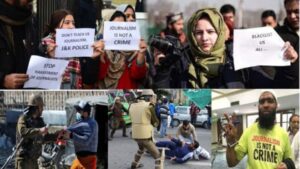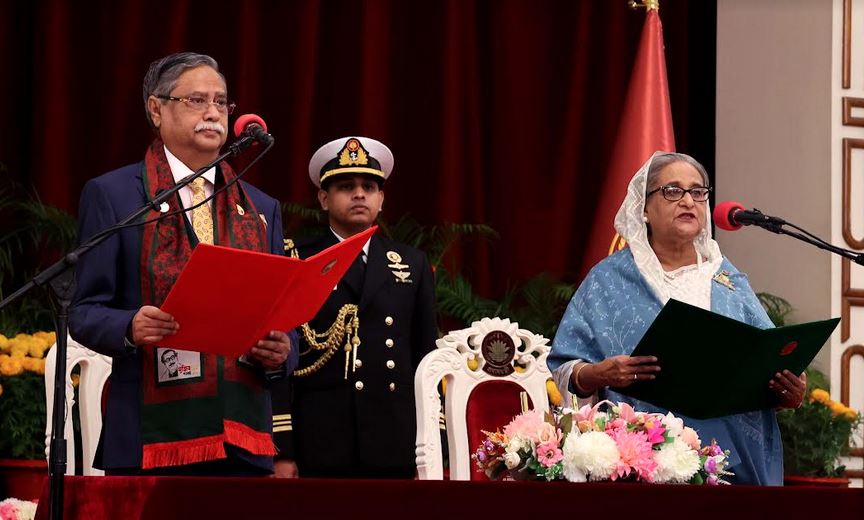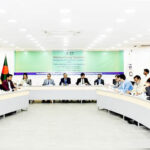 Moon Desk: Press freedom and freedom of expression are fundamental pillars of a democratic society. They enable individuals to express their opinions, share information, and hold those in power accountable. However, in India and especially in the region of Kashmir, these freedoms have faced significant challenges and restrictions. This article will explore the state of press freedom and freedom of expression in India and Indian illegally occupied Jammu and Kashmir, highlighting the issues faced by journalists and the impact on the overall democratic fabric of the region.
Moon Desk: Press freedom and freedom of expression are fundamental pillars of a democratic society. They enable individuals to express their opinions, share information, and hold those in power accountable. However, in India and especially in the region of Kashmir, these freedoms have faced significant challenges and restrictions. This article will explore the state of press freedom and freedom of expression in India and Indian illegally occupied Jammu and Kashmir, highlighting the issues faced by journalists and the impact on the overall democratic fabric of the region.
India’s ranking in the 2023 World Press Freedom Index slipped further to 161 out of 180 countries from 142 in 2021 and 150 in 2022. The fall in the index was in considerable measure due to the treatment of journalists in J&K and in rest of its states . Following the abrogation of Article 370 and 35A in August 2019 by the BJP government, approximately eight million Kashmiris found themselves deprived of a trustworthy means of obtaining information. The Indian government, exercising strict control over the dissemination of news, has been systematically targeting journalists on the field. Since August 5 2019, they have summoned or conducted raids on more than two dozen journalists, aiming to cultivate an atmosphere of fear and intimidation.
Media individuals facing legal challenges in India: Masrat Zahra and Gowhar Geelani were charged under the Unlawful Activities Prevention Act (UAPA) for their social media posts that were considered anti-national. Qazi Shibli, editor of “The Kashmiriyat,” was detained in Bareilly Jail, Uttar Pradesh, under the Public Safety Act (PSA) and released on April 13, 2020, after nine months in custod ( the Public Safety Act (PSA), 1978, is a black law that allows the detention of any individual for up to two years without a trial or charge). Asif Sultan, a journalist associated with “Kashmir Narrator,” has been imprisoned since August 2019 for reporting on Indian atrocities in Jammu and Kashmir and was accused of supporting terrorist activities.
Since May 2023, Manipur has been facing an information blockade due to clashes between the Meitei and Kuki communities, the blockade has greatly limited the freedom of journalists and news professionals, as well as the freedom of expression for all residents of Manipur, adding to the existing communication challenges caused by the blackout and internet shutdown, the Manipur Government has issued an order prohibiting the sharing of videos or images showing violent incidents in the state.
India wants to keep the world away from the situation in Jammu and Kashmir by erecting obstacles on freedom of media and freedom of expression. According to the state orders, Indian forces and institutions are suppressing the voice of Kashmir, the violation of human rights and the public violation of the United Nations Human Rights Charter have made India a global criminal. India, which claims to be the largest democracy in the world, is at the forefront of human rights violations. The Kashmir issue demands a peaceful and transparent Indian democracy and fair research and full media freedom from international institutions






